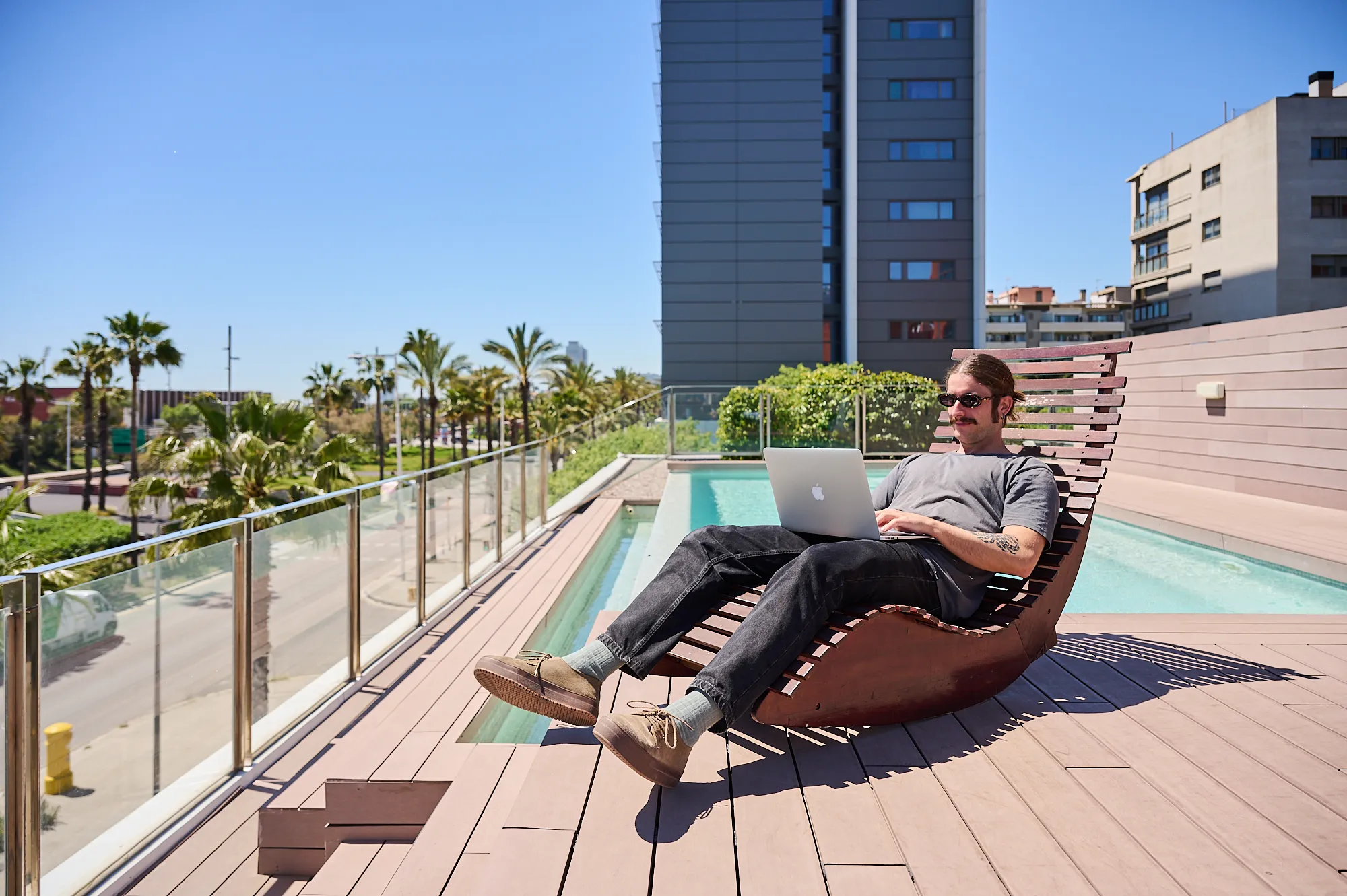Challenges for last mile logistics

Reducing emissions and making the last mile race more sustainable are two of the main challenges for last mile logistics today.
The last StartupTalk, organized at Aticco María de Molina together with UpBizorbrought together representatives of last-mile logistics companies such as Uber, GoPuff, Mox. Together with the moderator Sara Sanchez, architect and urban planner of the consultancy firm TECH friendlythey discussed the challenges and opportunities.
But before launching into the debate, let's clarify what is the last mile in the logistics sector?
We are referring to the last stage from the time the package leaves the transportation center until it is delivered to the recipient. And no, it is not always an exact mile (1.6 km), it can be a longer or shorter distance.
The last mile is a major player in increasing traffic and congestion in cities. Therefore, in the search for a greener and more sustainable future, last mile logistics is facing major challenges.
Making the last mile run more efficient
Efficiency in this case involves two areas: energy and economics. To this end, Juan Galiardo, Head of Spain at Uber; Antonio Valenzuela, co-founder of Mox; and David Alonso, General Manager Spain at GoPuff proposed the following changes in the medium term:
100% electric or hybrid fleets
To reduce energy costs, the three companies are relying on the incorporation of fleets of electric or hybrid vehicles. While Gopuff has already started its journey with a 100% electric fleet, other companies such as tech.mox have not yet been able to make the full leap, although they are planning to do so.
2. Increase the use of cycling.
For Juan Gallardo, Head of Spain at Uber, efficiency will increase significantly when we are able to easily combine different types of greener transport, both in terms of more sustainable personal mobility, as well as in the logistics sector.
3. Network of convenience points
These networks would allow consumers to pick up packages at specific points in their zip code.
4. Be Data-Driven
Use sophisticated technologies to optimize processes, make data-driven decisions and reduce waste of resources or unnecessary travel.
One of the main challenges detected is that consumers have to understand the changes that are going to take place and that is why, as the co-founder of Mox points out,
Antonio Valenzuela: "We have to offer We have to offer consumers different alternatives so that they understand that having a package delivered to your home has a higher economic and environmental cost".
David Alonso, on the other hand, added an optimistic perspective to this issue since, as head of GoPuff in Spain, he says he is seeing how consumers value aspects such as a more sustainable packaging or that you have organic products in your offer.
Follow the full debate in this video https://www.youtube.com/watch?v=hdg-ok5DWJE


